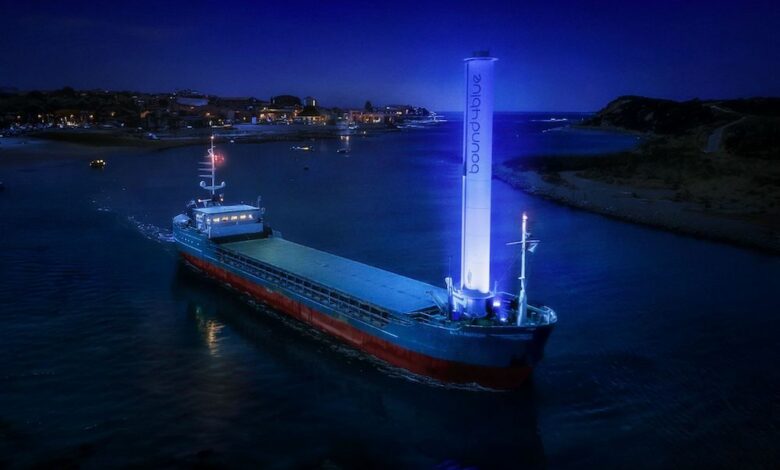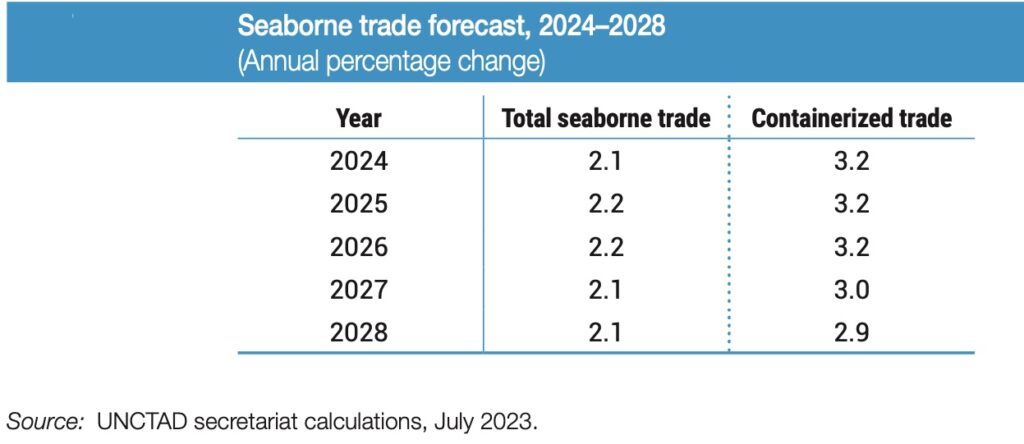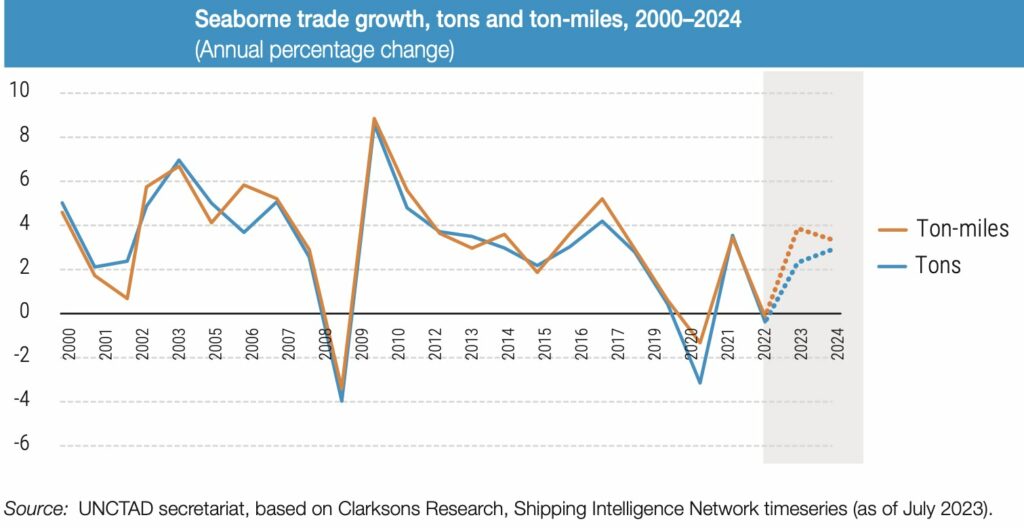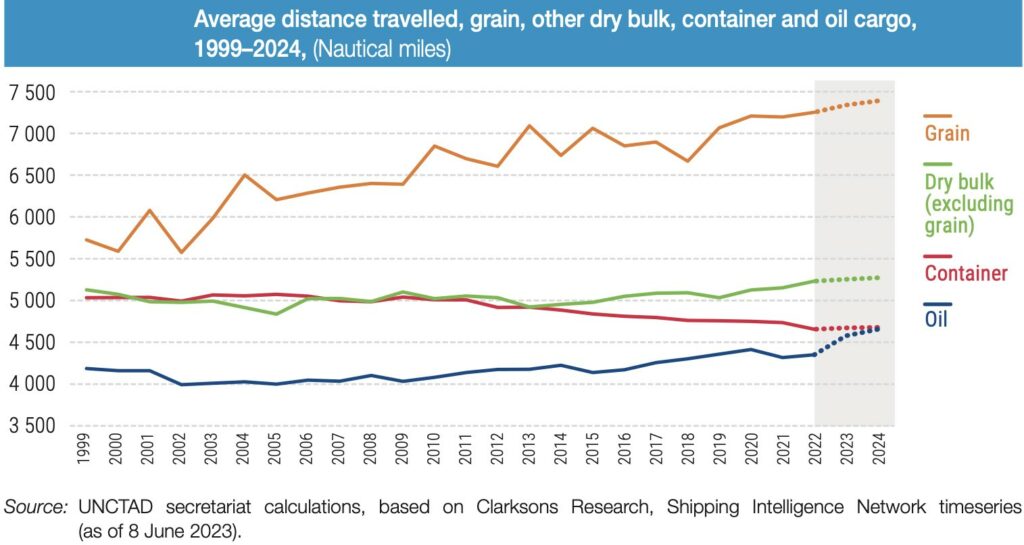Average age of the merchant fleet now above 22 years: UNCTAD

The global merchant fleet is getting very old and will require hundreds of billions of dollars for its required green transition, a new detailed report from the United Nations has warned.
The 126-page Review of Maritime Transport 2023 published by the United Nations Conference on Trade and Development (UNCTAD) in time for today’s World Maritime Day is a stat-laden document with many important pointers on where shipping stands today on its green pathway.
Among key statistics picked out by Splash, the average age of commercial ships at the start of 2023 was 22.2 years, two years older than a decade ago. Further, more than half of the world’s fleet is over 15 years old, a remarkable figure when taken in the context of what Norwegian broker Fearnleys has this month described as the record-breaking length of orderbooks at the world’s shipyards.
“Shipyard capacity is currently facing constraints. Tanker and dry bulk owners are anticipating long waiting times and high building prices. Increasing shipbuilding capacity is crucial to ensure that shipping meets global demand and its sustainability goals,” the UNCTAD report states.

UNCTAD called for a “just and equitable transition” to a decarbonised shipping industry in its review, highlighting the pressing need for cleaner fuels, digital solutions and an equitable transition to combat continued carbon emissions and regulatory uncertainty in the shipping industry.
UNCTAD stressed the importance of system-wide collaboration, swift regulatory interventions, and robust investments in green technologies and fleets.
The UN agency reported that an additional $8bn to $28bn will be required annually to decarbonise ships by 2050, and even more substantial investments, ranging from $28bn to $90bn annually, will be needed to develop infrastructure for 100% carbon-neutral fuels by 2050.
The costs involved in the green transition could prove to be prohibitively expensive for many smaller owners, according to Mark Williams, who heads up UK consultancy Shipping Strategy.
“For some the cost of remaining in shipping will be too high and their capital could be better employed elsewhere,” Williams told Splash yesterday.
UNCTAD secretary-general Rebeca Grynspan said: “Maritime transport needs to decarbonise as soon as possible, while ensuring economic growth. Balancing environmental sustainability, regulatory compliance and economic demands is vital for a prosperous, equitable and resilient future for maritime transport.”
To ensure an equitable transition, UNCTAD called for a universal regulatory framework applicable to all ships, irrespective of their registration flags, ownership or operational areas, thereby avoiding a two-speed decarbonisation process and maintaining a level playing field.
Shamika Sirimanne, UNCTAD’s director of technology and logistics, said: “Economic incentives, such as levies or contributions paid in relation to shipping emissions may incentivise action, can promote the competitiveness of alternative fuels and narrow the cost gap with conventional heavy fuels.”
The review also analysed the shifting global trade patterns and the impact of events like the war in Ukraine.
Driven by disruptions from the war in Ukraine, oil cargo distances reached an all-time high in 2022, and shipments of grain in 2023 have travelled further than in any year on record, as grain importing countries have been forced to seek alternative exporters such as the US and Brazil, which require long-haul shipping.


